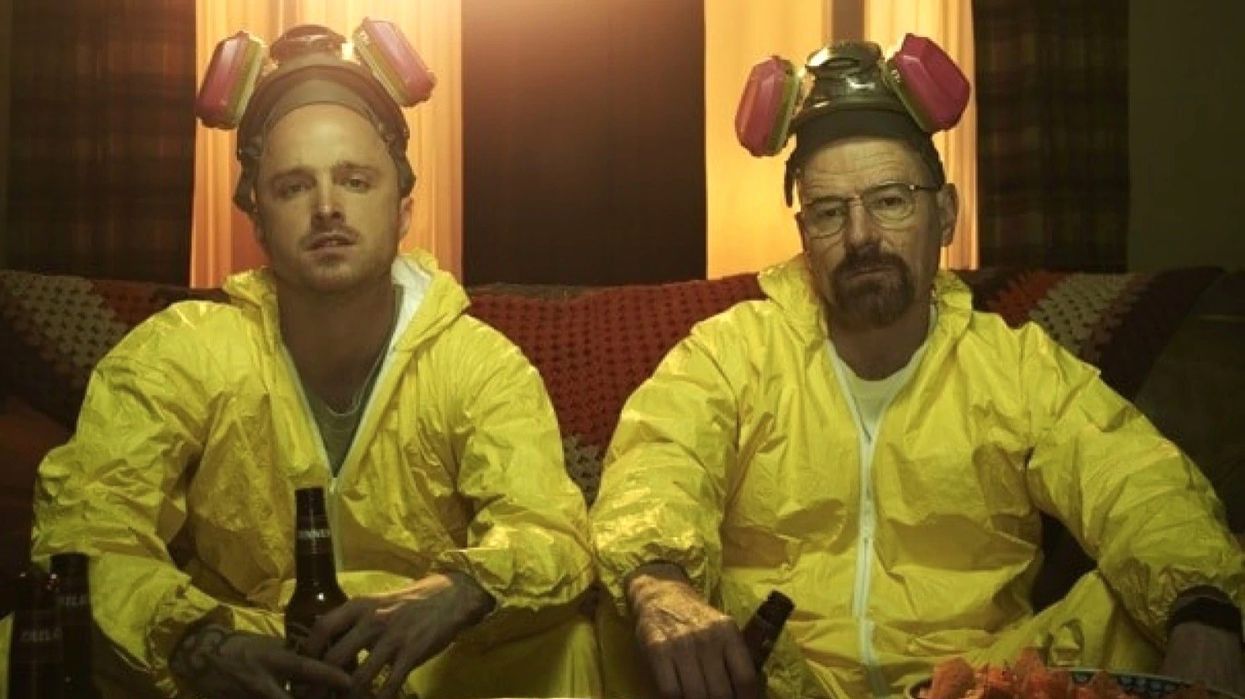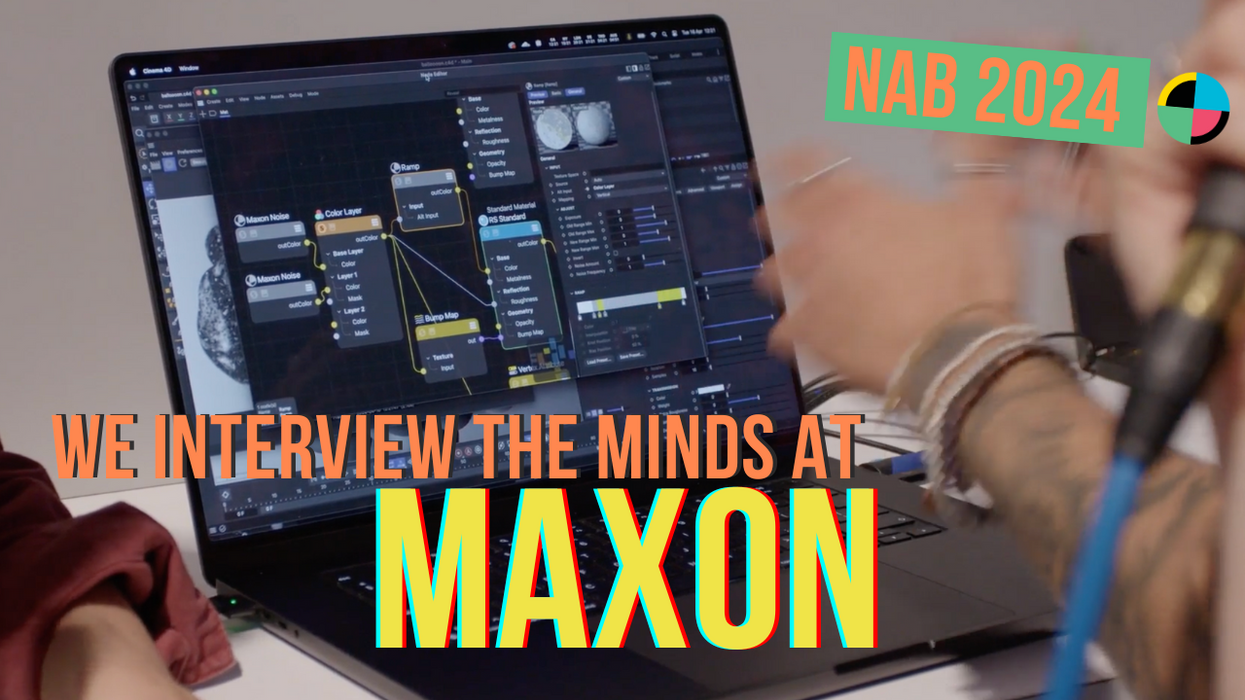'Your Job Is to Protect the Show' and More Tips from Top TV Editors
Editors from 'Breaking Bad', 'Deadliest Catch', and 'Crazy Ex-Girlfriend' share lessons from decades of industry experience.

One positive note of this oft-lauded golden age of television is that there is an abundance of work available for aspiring editors. Three Emmy-winning cutters with decades of experience between them took some time out from behind the screen to share industry tips with aspiring pros at SXSW 2018. Kelley Dixon (Breaking Bad, Better Call Saul) shared the advice that she always gives assistants who are approaching potential employers: “What they really want is the confidence that you’re gonna do what they need you to do without worrying about you.” So when you’re going into the interview, “be as prepared as you can and go in there excited and enthusiastic and get them to be very confident in you.”
Aside from practice, another way to gain that confidence is to study advice from the best in the business, so on that note, here are our top takeaways from Dixon, Josh Earl (Deadliest Catch, Mark Hamill’s Pop Culture Quest), and Kabir Akhtar (Crazy Ex-Girlfriend, New Girl).
“I get to paint with everyone else’s art. Everybody has given their colors and then I get to paint with all the colors.”
It’s not just putting stuff together
The three panelists agreed that every type of show has its own set of tools, but what they all have in common is that people outside of the industry don’t really understand what editors do. “We don’t just ‘put things together,’” Akhtar said. “Writers put together a recipe and directors and actors and buy ingredients and then people come and dump off a bunch of ingredients and a recipe that sometimes don’t match and they’re like, ‘We’re leaving, make this.’"
Dixon used a different metaphor: “I get to paint with everyone else’s art. Everybody has given their colors and then I get to paint with all the colors.”
You have to know story
Because you are given so much material to work with and are expected to pull it together, you really have to understand storytelling to be a good editor. This is especially the case with a documentary-style show like Deadliest Catch, which Earl edited on for 13 seasons. He shared that the shooters will capture an astonishing 30,000-plus hours of footage per season, which works out to a couple thousand hours per episode. Though he did have a team of assistants helping to sort through the materials, it felt like he could say with authority, “You have to have good handle on story so people can come on a journey with you.”
Akhtar added that, “With comedy, there’s a script, but actors improvise a lot on the script, so there’s a lot of work that goes into deciding what stays in and what goes out.” His tactic is to try cutting several quick versions of a scene to see what works, rather than putting lots of time into getting it right the first time.

Your job is to protect the show
In addition to understanding story, you have to understand people. Dixon asked her colleagues what tactics they use to diplomatically disagree with producers who might be less experienced.
Earl admitted that “I don’t think good stuff comes from doing exactly what I’m told.” So how does he navigate that? He goes quiet at first and then tries to figure out “how do I put an idea into their head so I can ‘Inception’ them into doing what I want?” When it comes down to it, however, he believes that the best ideas come out of collaboration.
Akhtar has found a way to ‘Inception’: “I have learned to say, ‘Great, we will do your idea’ and then do it in a way that clearly doesn’t work.” He added, “Knowing how the software works has nothing to do with it. Anyone can drive. The gig is not running a machine; it’s managing people’s psychology. Your job is to protect the show.”
In network TV, directors come and go during a season; some will do a few episodes and many will only do one. However, as editor, Akhtar noted, “You spend a lot of time on the show and you care about it. So when directors come in, they have certain ideas about what they want to do, but again, you have to protect the show and also protect them, because you know what the producers like.”
This is not just a selfless act. After all, as Akhtar pointed out, “You also don’t want to get fired for a bad cut.”
"I’ve worked with some good directors who don’t really see what’s not going to work."
Bad ideas can become good edits
As much as you want to make the best cut possible, Earl noted that, “To be fair, if someone you’re working with is good too, they should be questioning what you do.”
Akhtar agreed, “My favorite part of the job is working with people and there’s a lot to be said for trying people’s ideas. A lot of the times they work.” Even when it’s a bad idea, as mentioned, he will try it. “You know it’s not gonna work, so start doing it in front of them and after a minute it will become clear that it doesn’t work. And then you keep going and make them watch as their terrible idea starts to come to life. And then they stop giving you bad ideas. Part of the art it is…you have to make sure you put it together in a way that just doesn’t work.”
Dixon agreed, “I’ve worked with some good directors who don’t really see what’s not going to work. They need to see it for themselves.” However, she also conceded that sometimes “You start out with what you think is a bad idea but it can turn into a good idea.” In fact, Breaking Bad showrunners Vince Gilligan and Peter Gould would sometimes start in the writers' room with a purposely “bad idea” and have the team brainstorm to arrive at a good idea from that jumping off point.
Akhtar had the final word, encouraging editors to be bold: “I get stuck in every episode I do. And I wind up trying crazy ideas. And 100% of the time, we go with the weirdest thing I came up with.”












